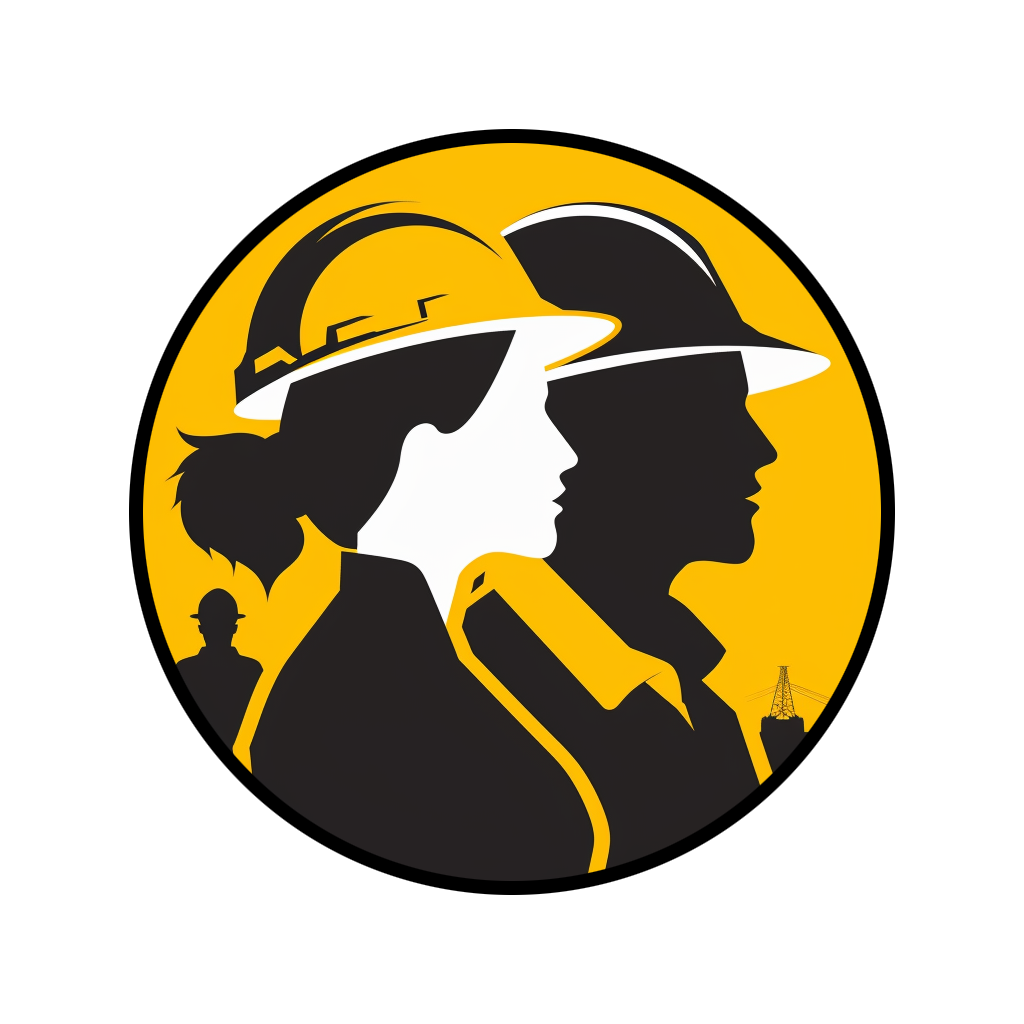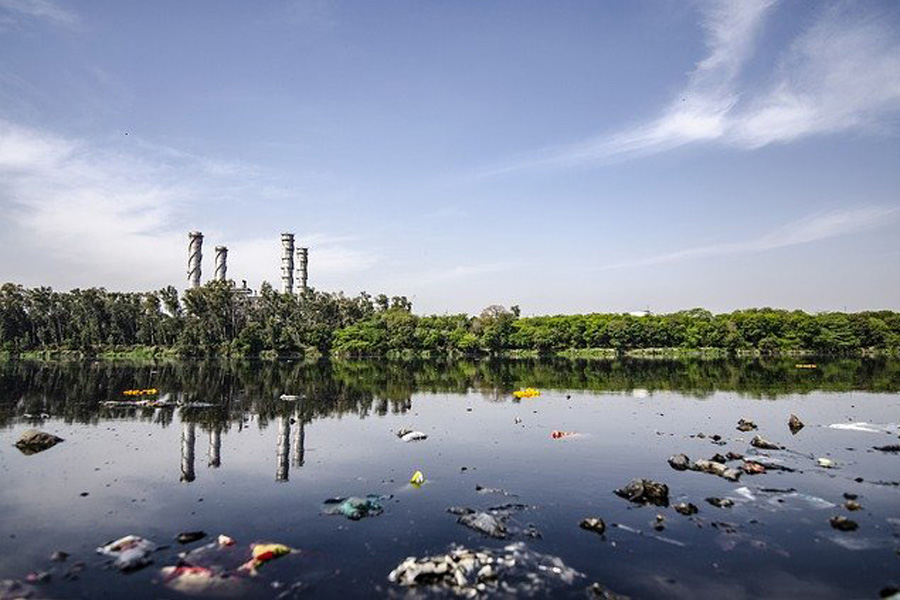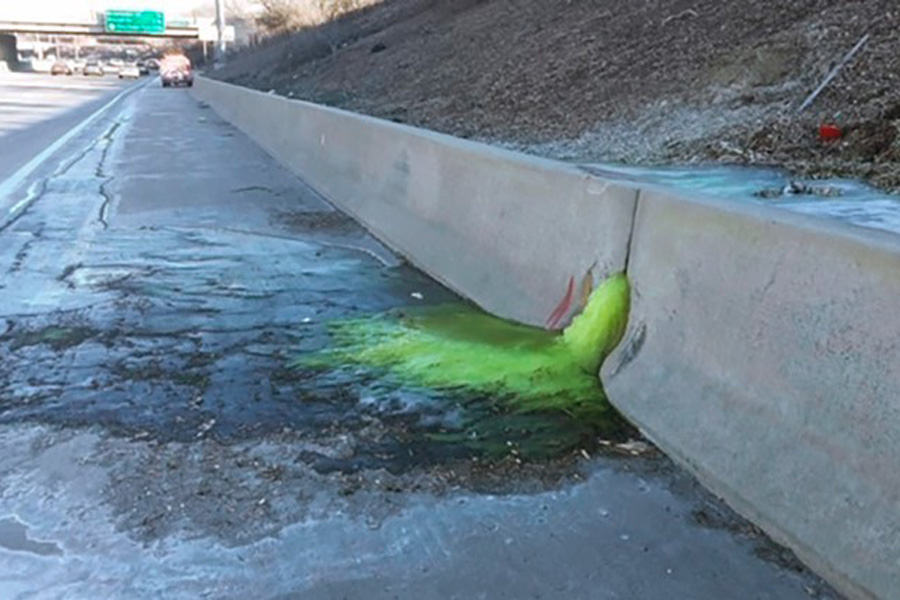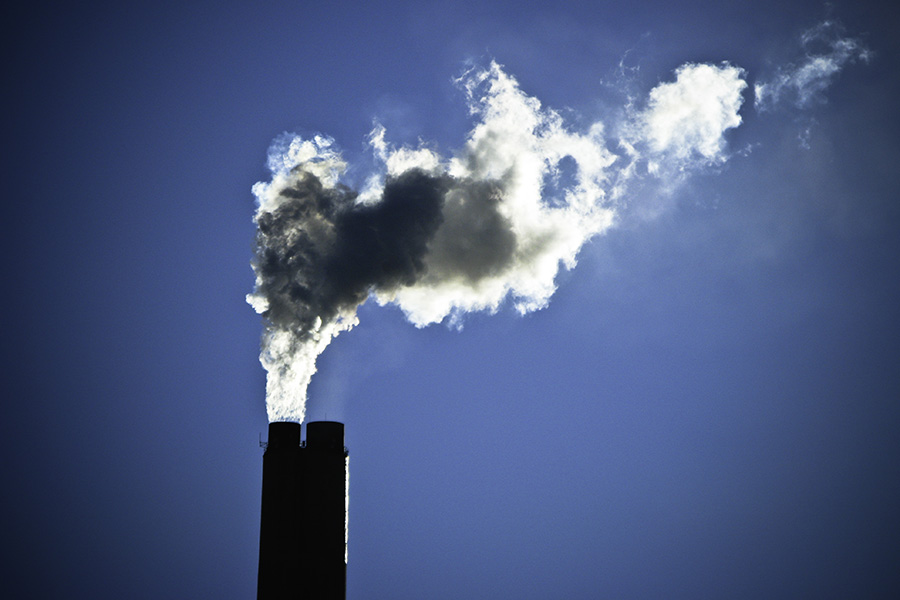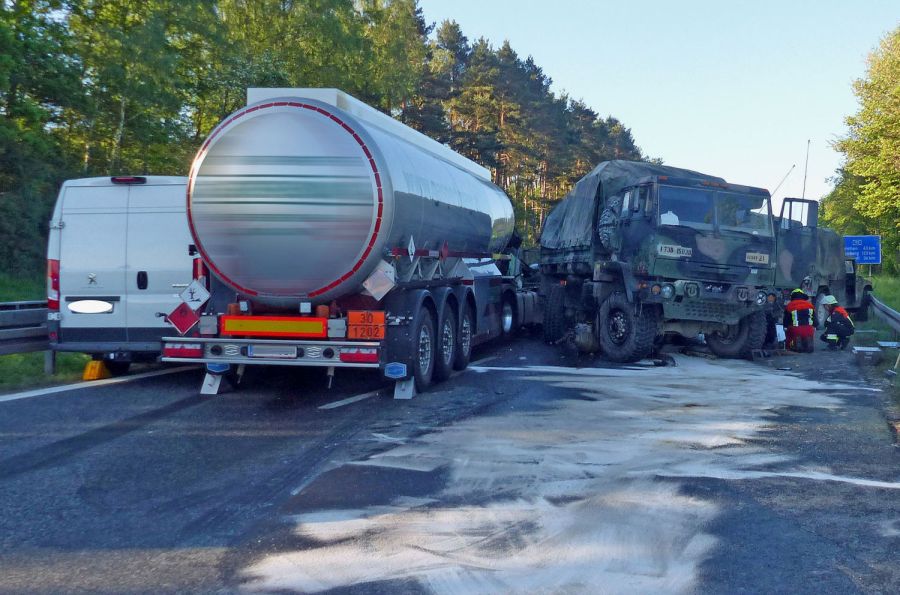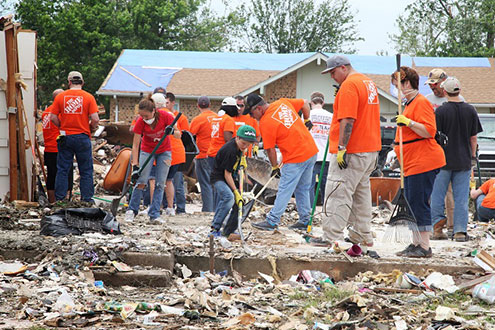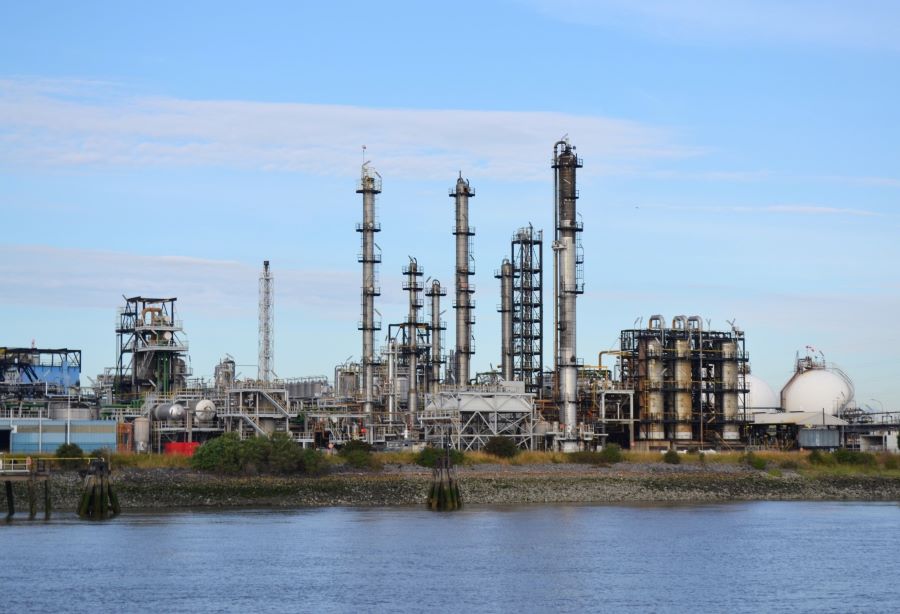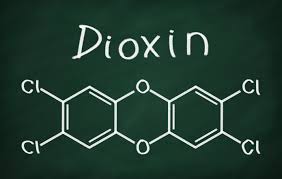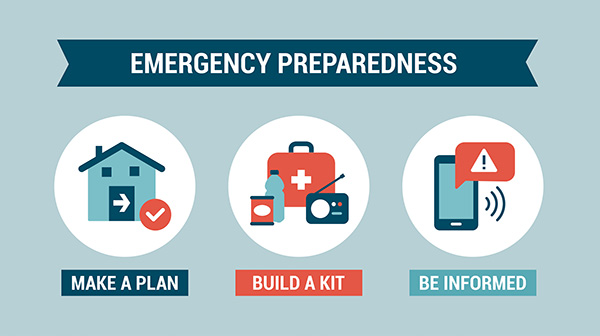DOWNLOADS
COURSE MATERIALS
Exercise: Using the Toxics Release Inventory (TRI)
Exercise: What is Happening in my Zip Code?
Exercise: Building Resources – The Greening of Home, Community, and Work
Recognition, Health Effects, and Reporting
Upon completion of this program, participants will be better able to safely observe and identify potential physical, biological, and chemical hazards, properly report their observations, and describe the potential health effects of hazardous substances.
DOWNLOADS
COURSE MATERIALS
Recent attention to water quality in the region includes the water crisis in Flint, Michigan and PFAS contamination from industrial sources and municipal and military firefighting activities. Separate sections are provided for those concerned with possible contamination of water by lead and the ‘forever chemicals’ most often represented by PFOA and PFAS.
DOWNLOADS
COURSE MATERIALS
DOWNLOADS
DOWNLOADS
COURSE MATERIALS
Exercise: Using the Toxics Release Inventory (TRI)
Exercise: What is Happening in my Zip Code?
Exercise: Building Resources – The Greening of Home, Community, and Work
Recognition, Health Effects, and Reporting
Upon completion of this program, participants will be better able to safely observe and identify potential physical, biological, and chemical hazards, properly report their observations, and describe the potential health effects of hazardous substances.
DOWNLOADS
COURSE MATERIALS
Recent attention to water quality in the region includes the water crisis in Flint, Michigan and PFAS contamination from industrial sources and municipal and military firefighting activities. Separate sections are provided for those concerned with possible contamination of water by lead and the ‘forever chemicals’ most often represented by PFOA and PFAS.
DOWNLOADS
COURSE MATERIALS
DOWNLOADS
The Midwest Consortium developed this course for workers and community members who want to investigate the reduction of use of toxic materials. Member institutions of the Midwest Consortium who worked on the update of the initial program include Green Door Initiative, University of Minnesota and the University of Cincinnati. This program was developed for use by industrial workers and community residents who seek use reduction as one approach to reducing exposures.
The Toxic Use Reduction course incorporates a variety of teaching methods to meet varied learning styles. Material presentation with discussion and small group exercises are used.
DOWNLOADS
COURSE MATERIALS
Community Member Preparedness for Potential Fuel Releases along Transportation Routes
The Midwest Consortium developed this introduction to health and safety impacts of high-volume transportation of fuels to assist the local community members and business owners in becoming better prepared for possible releases along transportation routes.
When participants complete this introduction, they will be better able to:
- Recognize where a release might occur
- List outcomes of a release in your community
DOWNLOADS
COURSE MATERIALS
- Identify what you need to know before you depart
- Recognize factors to consider in packing
- Recognize possible hazards
- Identify resources to minimize exposure to hazards
DOWNLOADS
COURSE MATERIALS
- Access electronic resources to find local information.
- Demonstrate the use of these resources to identify location of emission sources and types of emissions from facilities in your zip code.
DOWNLOADS
Assessing Preparedness: Natural and Hazardous Material Release Emergencies in the Community
This survey contains questions about the current safety and health status of the participant’s community.
This program was developed in response to the need for communities to gain skills to better identify sources of air pollution and develop ideas about how to limit or avoid exposures that can impact a person’s health. The program and exercises are designed to be interactive and stimulate questions and develop a personal plan for action.
Goals for participants are to:
- Identify different types of air pollution
- Describe sources of air pollution around them
- Describe the health effects of air pollution (community and individual)
- Identify techniques to reduce exposure in the home and community
- Develop a plan to take further action steps
DOWNLOADS
- Describe basic facts about climate change
- Describe the health effects of climate change
- Determine carbon footprint
- Develop a plan to become more sustainable
DOWNLOADS
DOWNLOADS
COURSE MATERIALS
EXERCISES
Exercise: Air Pollution
Exercise: Assessing Preparedness Survey
Exercise: Create a Climate Kit
Exercise: Investigating Water Contamination
Exercise: Lithium Battery Safety
Exercise: Sustainability
Exercise: Using the Toxics Release Inventory (TRI)
Exercise: What is Happening in My Zip Code
Somali translation (developed by University of Minnesota Training Center)
DOWNLOADS
The Midwest Consortium developed this course for community members who may be impacted by COVID-19.
DOWNLOADS
COURSE MATERIALS
POWERPOINT PRESENTATIONS
DOWNLOADS
COURSE MATERIALS
DOWNLOADS
COURSE MATERIALS
DESCARGAS
- Identificar lo que necesitan saber antes de partir
- Reconocer los factores a considerar al empacar
- Reconocer posibles peligros
- Identificar los recursos para minimizar la exposición a los peligros
